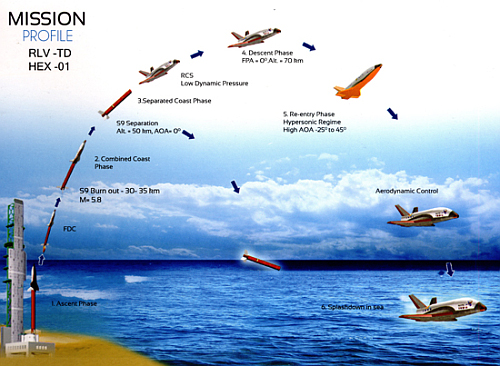Stéphane Israël, the head of Arianespace, the European Space Agency’s (ESA) commercial rocket division, yesterday strongly condemned the idea of allowing independent private European rocket companies to develop and compete with his government operation.
“It is not possible to copy-paste the US model,” he said. “It is not possible. The level of space spending in the United States is five times higher than in Europe, and the private capital is not the same. So if the answer is to say let’s do what the US has done, I think we will not manage to do it.”
Moreover, Israël said the European Space Agency must resist supporting microlaunchers to the point where these companies might compete with the existing capabilities.
“A huge mistake would be that this focus on microlaunchers destabilizes Ariane 6 and Vega C—it would be a historic mistake,” he said. “Microlaunchers can be of support to boost innovation. But we should not make any confusion. This launcher will never give autonomous access to space to Europe. They’re on a niche market representing maybe 10 percent of the market, and less than that when it comes to European needs.”
He said this in Brussels at the 15th European Space Conference, where it appears he was trying to convince the ESA to block any competition with Arianespace.
Israël might say this, but not only has his track record in predicting the success of commercial space in the U.S. been bad, other European governments are not taking his advice. Both Germany and the United Kingdom have several rocket startups gearing up for their first launches this year, with others in Spain and France not far behind. Moreover, Israël doesn’t have much to offer in competition. Arianespace’s Vega rocket, intended to be a low cost option, has failed on three of its last eight launches. The Ariane 6 rocket is years behind schedule, and has not yet launched. And both are overpriced and cannot compete, not only with the American rocket startups but with India’s government rockets.
Moreover, those European governments have in recent years been taking control and power away from Israël and Arianespace. Unlike earlier rockets, the Ariane 6 rocket is not controlled or owned by Arianespace. Instead, it belongs to ArianeGroup, the partnership of Airbus and Safran that is building it. Arianespace’s role in operating it will be greatly limited, once it begins flying.


